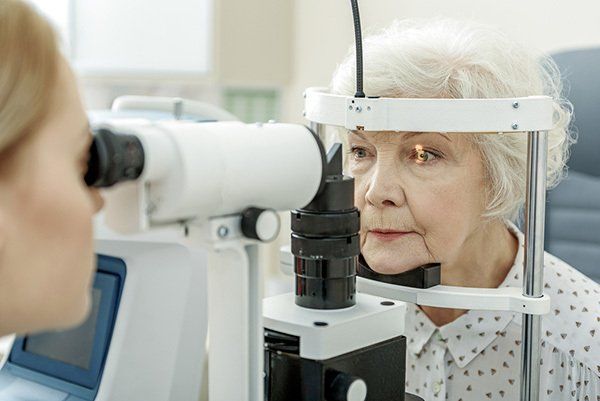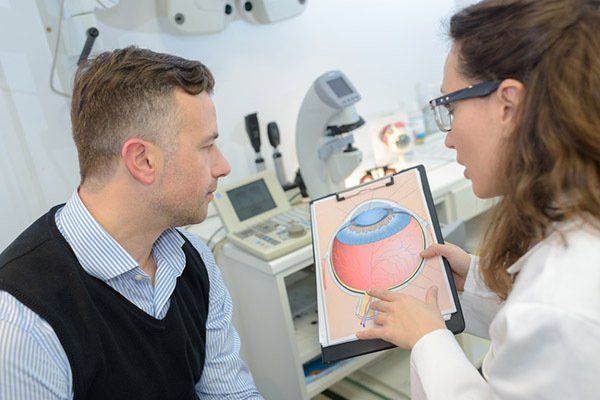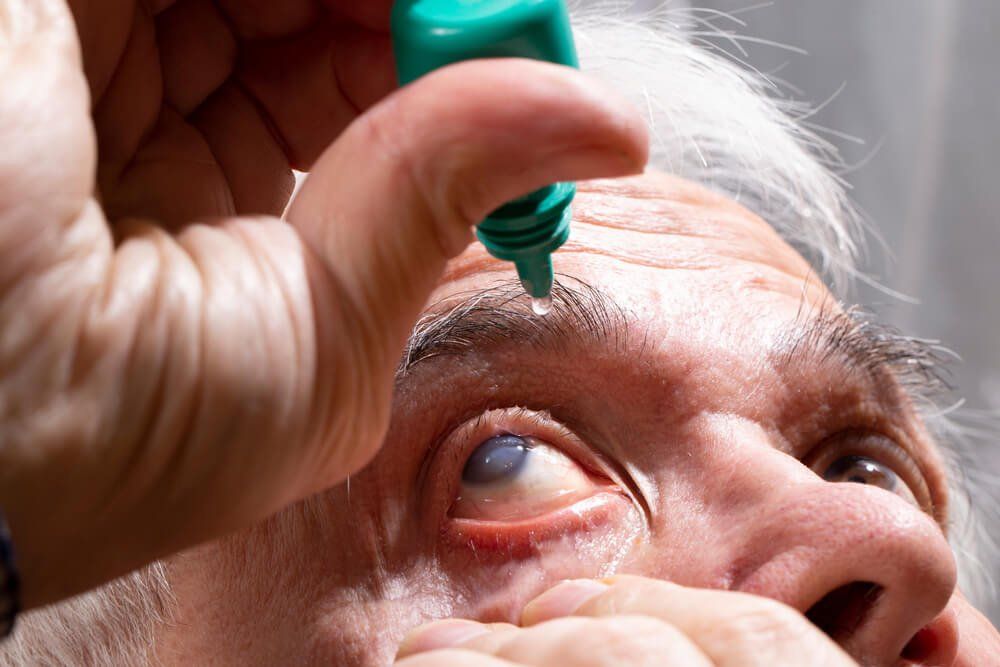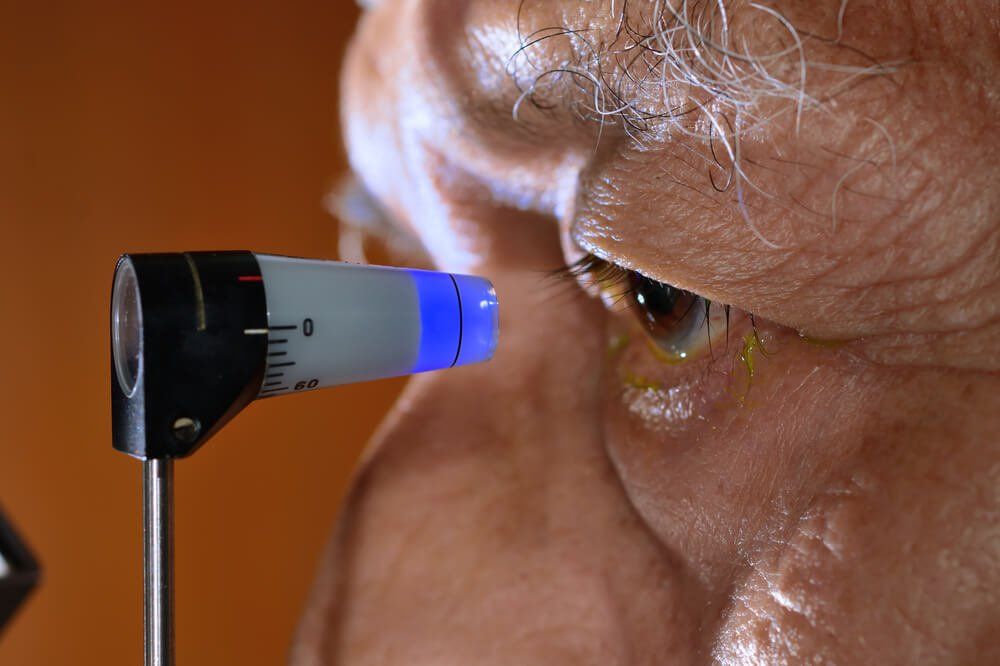What is Glaucoma?
Glaucoma refers to a group of eye conditions in which there is damage to the optic nerve at the back of the eye. When some of the fibres that make up the optic nerve are damaged, the result is areas of decreased vision. If left untreated, more fibres become damaged, and there are particularly blurred patches and missing areas in the field of vision. Severe glaucoma can cause blindness.
The front part of your eye is filled with fluid, and eye pressure normally stays within a regular range by producing and draining this fluid at a constant rate. However, a problem with the circulation of the fluid or drainage can cause the pressure within the eye to increase, which can damage the optic nerve.
There are several types of glaucoma. The most common type, primary open-angle glaucoma, has no symptoms initially but later may start to alter your peripheral, ‘side,’ vision. It can be very difficult to know if you have it. Treatment for open-angle glaucoma usually begins with drops, and these can be highly effective if used early on in the development of the disease.
If you require glaucoma treatment, please reach out to
130eye on
07 4779 8008
to schedule an appointment with Dr Glastonbury. Please note that you will require a referral from your general practitioner or optometrist. Our
practice is open Monday-Friday and is located at Ross River Rd in Townsville.


Information & Treatment
When there is a sudden blockage in the drainage canals in the eye, this is called acute closed-angle glaucoma. The pressure builds up rapidly and can cause sudden blurred vision, haloes around lights, headaches, nausea and severe pain. Permanent visual damage or blindness can occur very quickly. This is an emergency situation as the rapid increase in pressure can severely damage the optic nerve in just a few hours, so it is very important that you seek immediate treatment.
It is important for everyone over 40 to have regular check-ups to exclude glaucoma. If you are at higher risk of developing glaucoma, then you should start eye checks at an earlier age. One higher risk factor is a family history of glaucoma.
Frequently Asked Questions
-
My eye is watery; how can it be dry?
It may not seem sensible, but dry eyes often lead to watery eyes. When the eyes dry out, they become irritated and uncomfortable. That prompts the lacrimal glands to produce so many tears that they overwhelm the eye's natural drainage system. Tear production tends to lessen with age, so dry eyes are more common in older adults. Some medical conditions and medications can also lead to dryness, as can dry and windy weather/seasons and environments.
-
How often should I have an eye test?
The frequency of eye exams depends on a few factors: your age, overall health, and whether you have any vision problems or risk factors for eye disease. In general, it’s a good idea to have your eyes checked every one to two years. If you're over age 60, have diabetes, or have a family history of glaucoma or other eye problems, you may need to go more often.
-
How do I know if I have glaucoma?
Glaucoma often has no symptoms in the early stages, so it's important to have regular eye exams. During a comprehensive exam, your optometrist or ophthalmologist will evaluate the pressure inside your eyes and look for signs of damage to the optic nerve. If glaucoma is found early, it can be treated before you lose vision.
-
What are the risk factors for glaucoma?
The main risk factor for glaucoma is increased pressure inside the eye. Other factors that may increase your risk include family history, age (over 60), African descent, diabetes, and previous eye injury or surgery.




